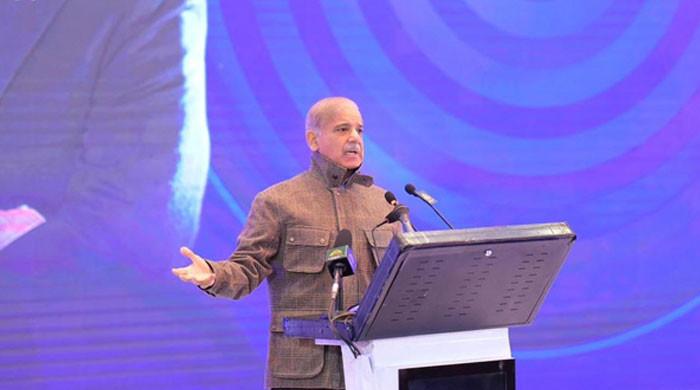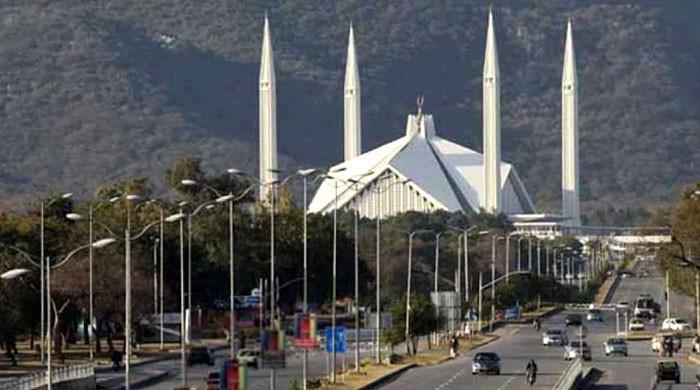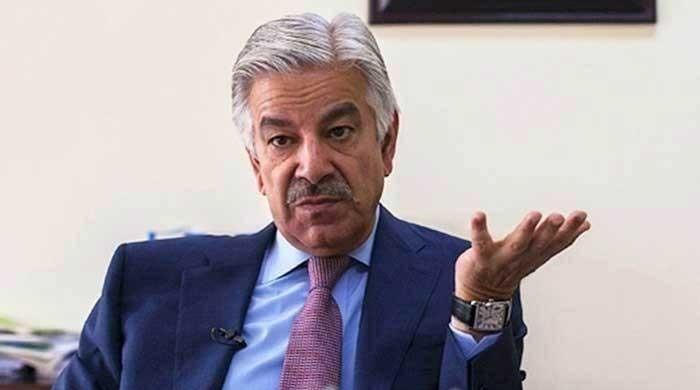Lahore smog: Amnesty International urges Pakistan govt to take ‘urgent action’
The air in Punjab is so toxic that people’s health and lives are in grave danger, says Amnesty International
November 22, 2019
Amnesty International on Friday issued an “Urgent Action” call for the residents of Lahore to mobilise its supporters and campaign on behalf of the entire population due to the hazardous smog engulfing the city.
The “Urgent Action” raises concerns about how the poor air quality poses a risk to the health of every person in Lahore — a city of more than 10 million people.
“The air in Punjab, Pakistan’s most populous province, is so toxic that people’s health and lives are in grave danger. Schools have been forced to shut down, respiratory illnesses are on the rise and people are having trouble breathing,” Amnesty International said.
On November 13, the Air Quality Index (AQI) in Lahore, reached 556 – far exceeding the threshold for ‘hazardous’ levels, which begins at 300. A day earlier, the AQI reached 598 at 12pm on November 21, The News reported. Since the beginning of the month, at least seven days have seen air quality index reach hazardous levels.
Due to the sudden spike in the AQI in Lahore, Faisalabad and Gujranwala on Thursday evening, authorities were forced to announce school closure amid concerns from the citizens.
This was the second instance in the past 30 days that the Punjab government had to close schools due to extraordinary smog levels.
According to the notification, November 22 has been declared a holiday at all public and private schools.
“The Government of Pakistan is assessing the air quality using measures, not in line with international standards and so, people are not adequately warned or equipped as to how to protect themselves from the smog,” the organisation noted.
Amnesty further urged that the government of Pakistan must act on its human rights obligations and take urgent action to protect people from the adverse consequences of poor air quality.
Reports have shown how prolonged or heavy exposure to hazardous air can result in severe health issues including asthma, lung damage, bronchial infections, heart problems and shortened life expectancy – putting in danger people’s rights to life and to health.
The so-called “smog season” — which runs from October to February — is where poor fuel quality, uncontrolled emissions and crop burning worsens the quality of the already unhealthy air in Punjab.
On November 5, three teenage girls – Laiba Siddiqi, Leila Alam and Mishael Hayat– filed a suit against the government of Punjab for the “violation of their fundamental right to a clean and healthy environment.”
In the petition, the three students said the government had been downplaying the scale of crisis because its standards of measurement differ from what is used in other countries and accepted internationally.









